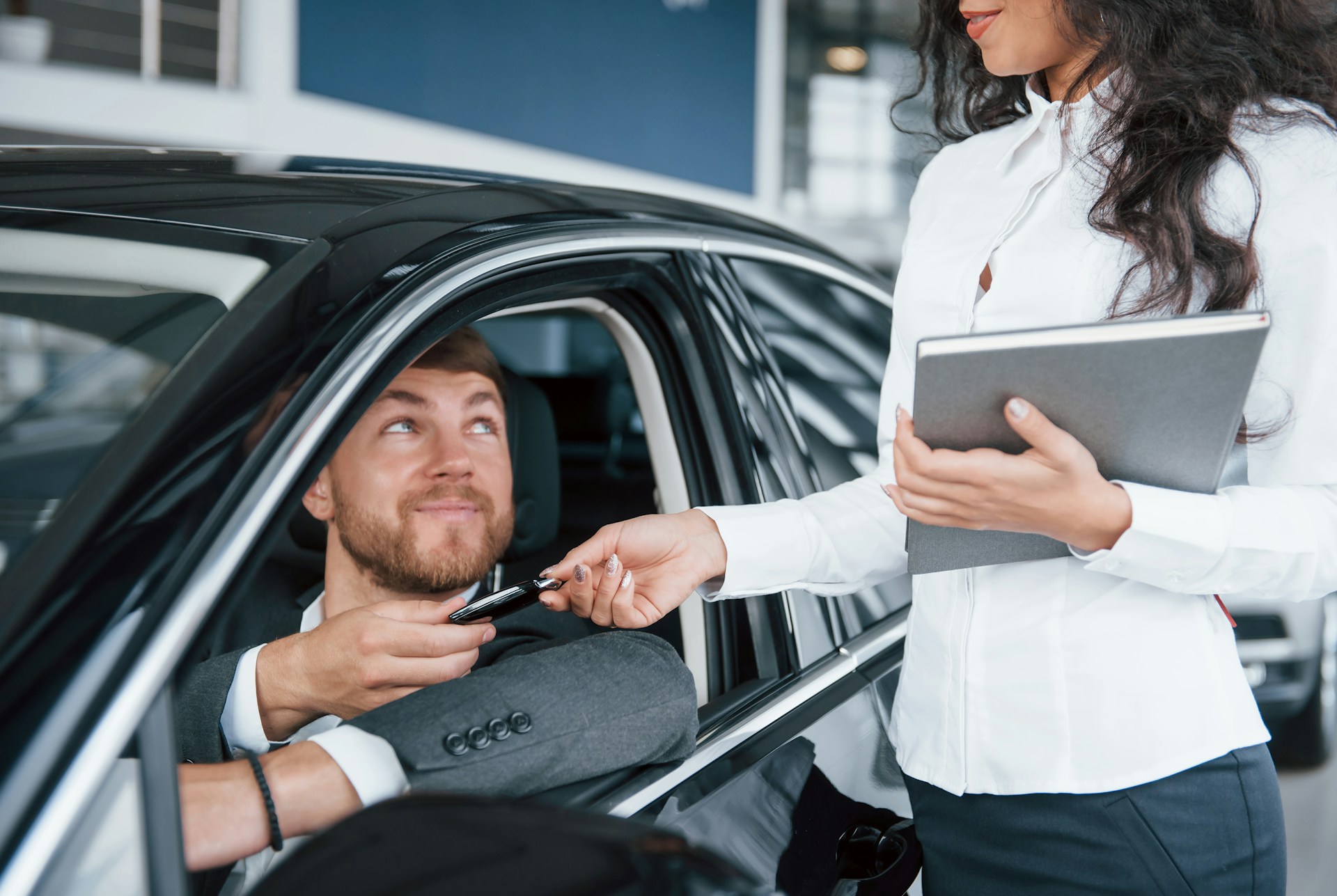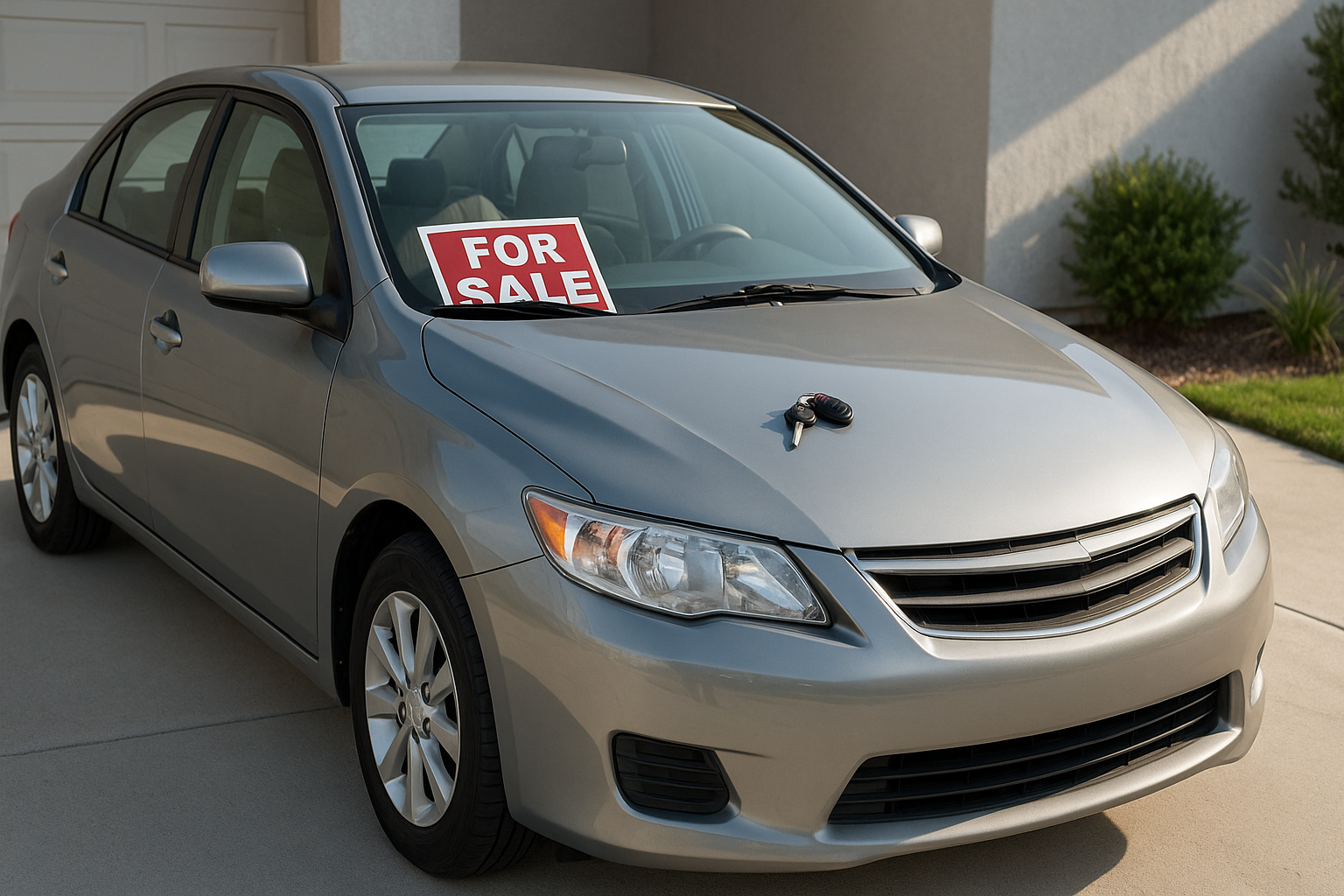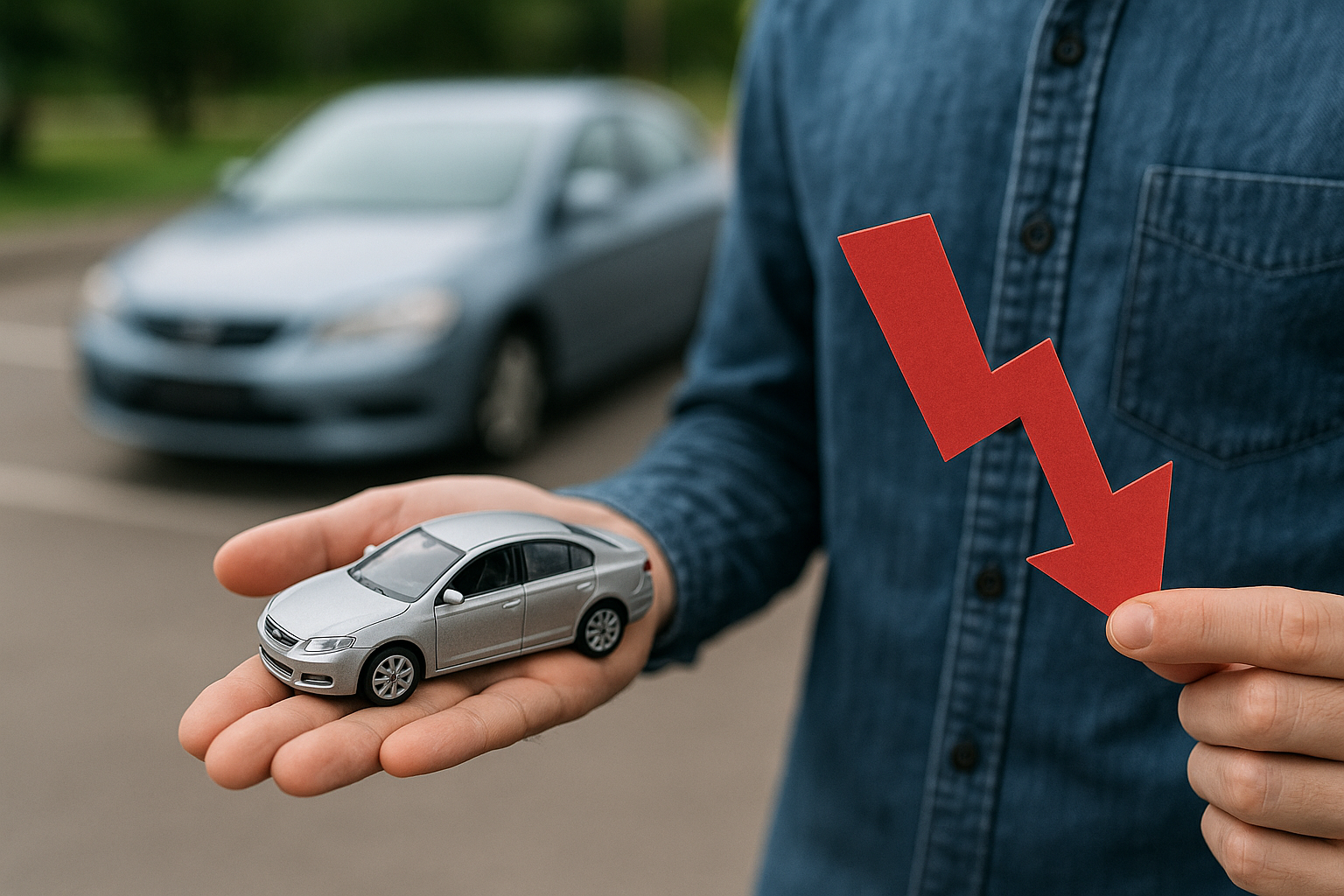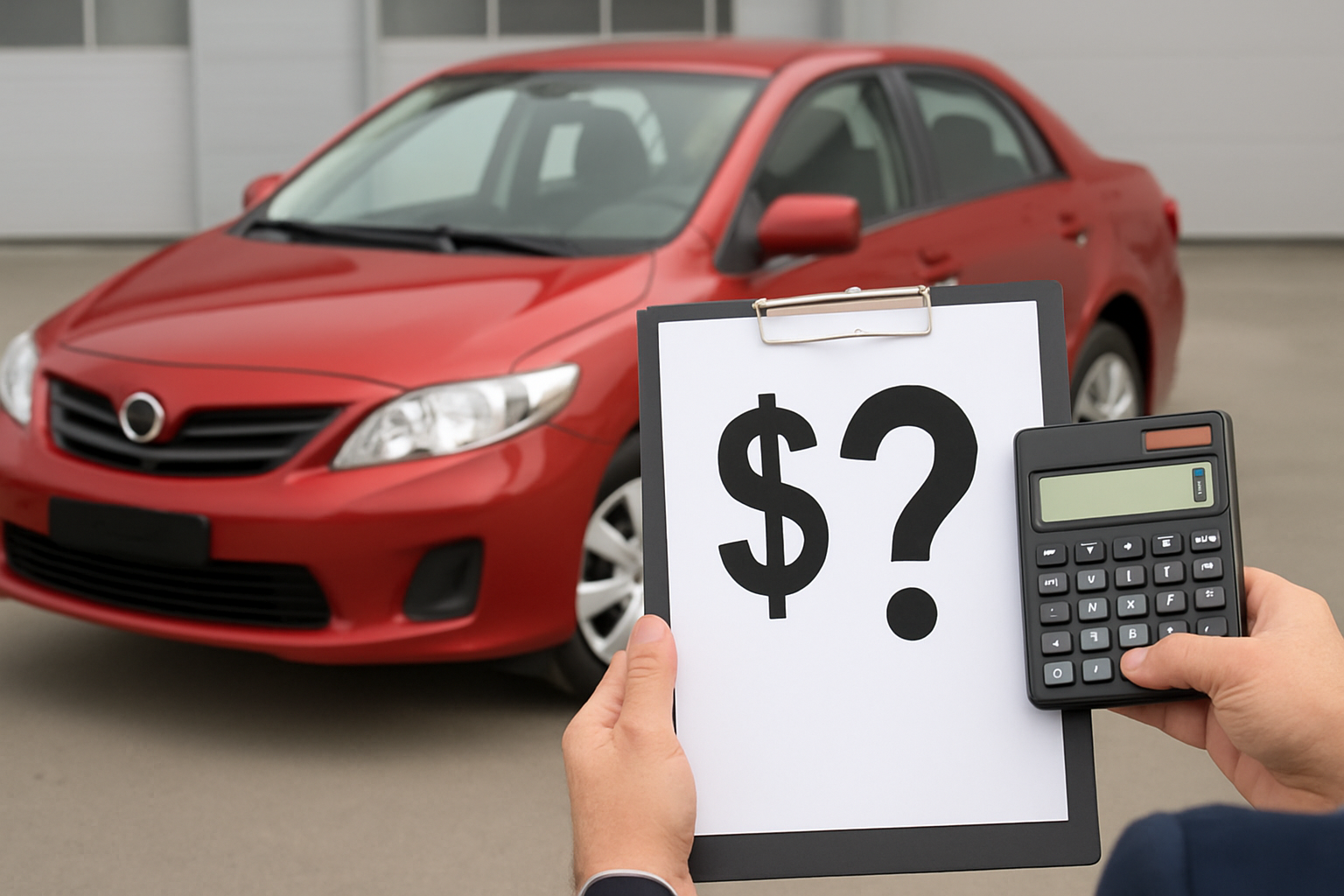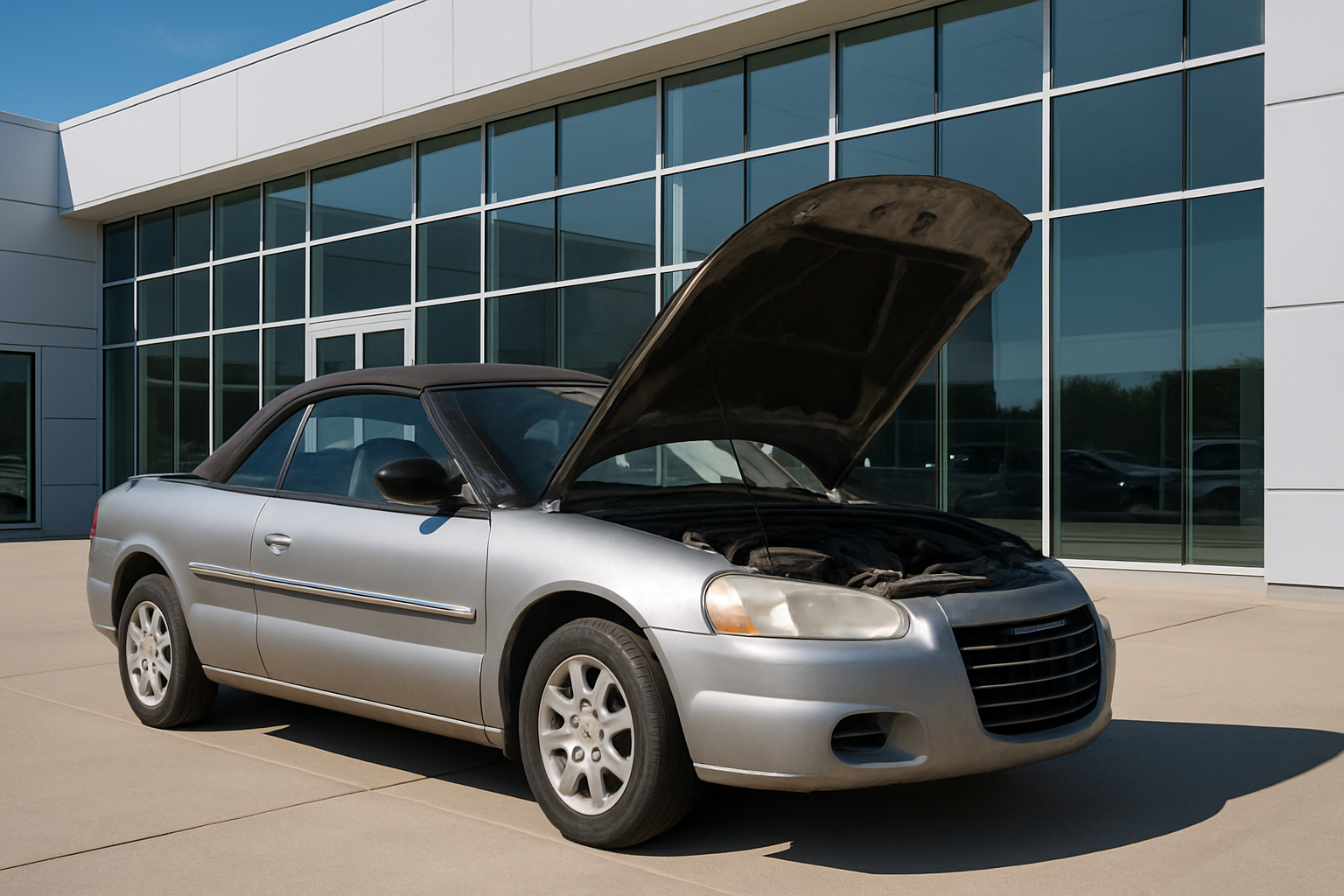When it comes to how to protect yourself when selling a car privately, it is crucial to approach the process with caution and awareness. The private sale of a car can be a rewarding experience, offering you more money than trading it in. However, it's essential to safeguard yourself from potential fraud and risks associated with selling to strangers. Always ensure your safety by meeting potential buyers in safe, public locations. Avoid accepting checks or money orders as they may bounce or be fraudulent. Instead, request payment via a bank transfer or in cash within a banking institution where funds can be verified on the spot. Never provide personal information such as your home address or banking details until the transaction is finalized and always have someone accompany you during the sale for added security. Following these guidelines can significantly reduce the risks involved in private car sales, ensuring a smooth and secure transaction.
Preparing Your Vehicle for Sale
To get your car ready for sale, clean it thoroughly inside and out to present it in its best light. This could help you secure a higher price. Collect all necessary documents, including maintenance records and the vehicle history, which reassure prospective buyers of the car's condition. Fix minor issues to avoid any serious problems that could deter buyers.
Additionally, pricing your vehicle competitively is crucial; research the market to understand the going rate for similar models. This insight ensures you're not underpricing or overpricing your motor vehicle. When listing your used car for private car sales, be honest about its condition. Describing the car "as is" can prevent future disputes. Remember, the way you present your car can significantly influence buyers' perceptions and, ultimately, the money you receive. There are a few ways to accept payment safely; avoid personal checks due to potential fraud. Instead, opt for more secure methods such as a cashier's check or electronic transfer.
How Do I Find Buyers for My Car?
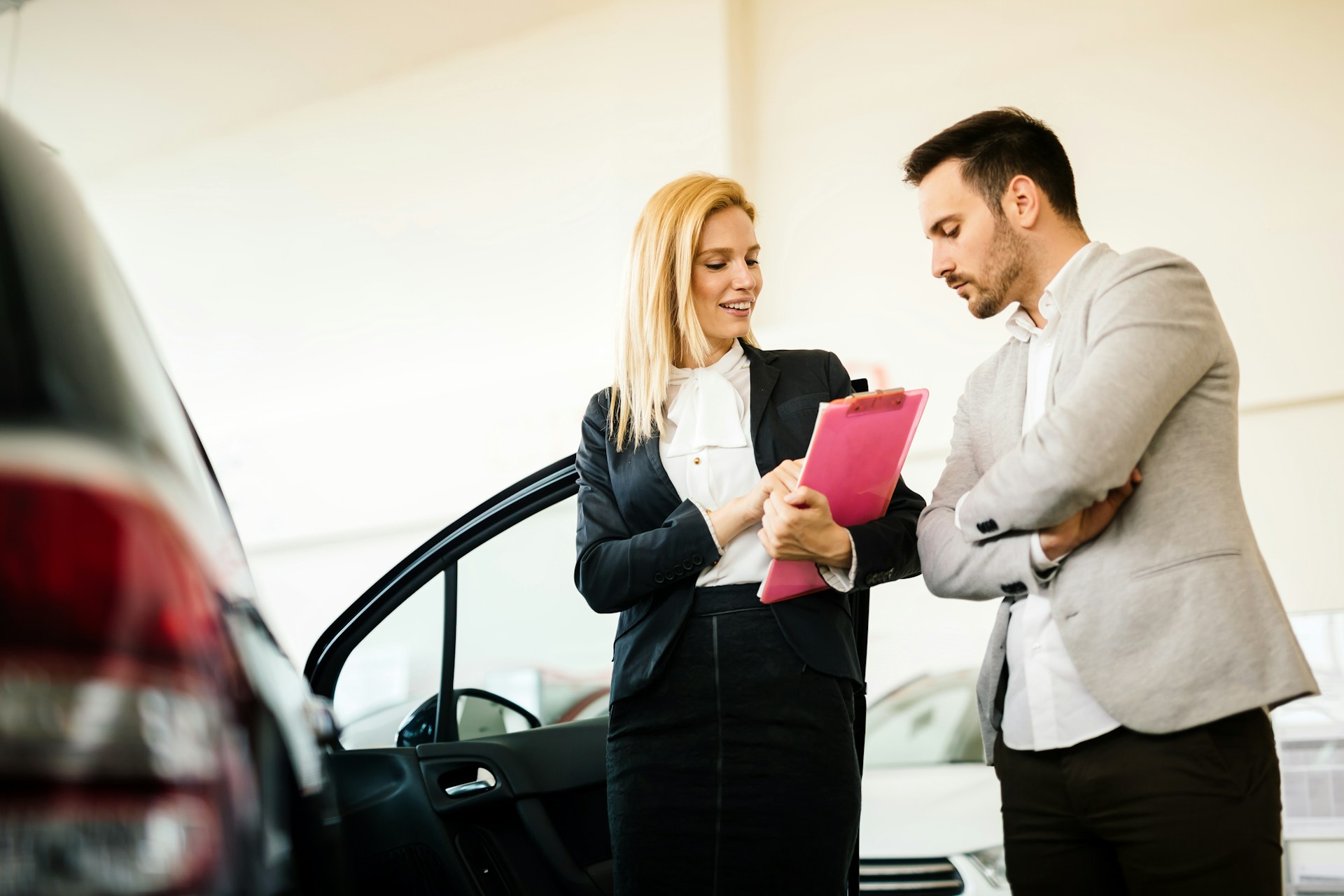
Advertising your car privately can attract serious buyers. Utilize online platforms and social networks to reach a broader audience. Be detailed in your description, including the car's year, make, model, and maintenance records. This transparency helps limit risk and attracts legitimate buyers. Screening inquiries effectively can help avoid time wasters and ensure you're dealing with potential buyers who are genuinely interested. Ask preliminary questions before arranging viewings to gauge the seriousness of each prospective buyer. Highlighting the car's history positively influences trust and credibility. Finally, clarify that you prefer transactions other than personal checks to streamline the process and sell safely.
Safety Precautions When Meeting the Buyer
When organizing meetings, opt for public places, like a mall parking lot, to ensure personal safety. Avoid sharing personal information and arrange viewings during daylight hours. This reduces the stranger danger factor and keeps both parties safe during the transaction. Bring along a friend or relative for additional security, especially when meeting prospective buyers for the first time. It's a critical aspect of selling your car safely. Implementing these measures can make selling a less painful process. Proper preparation and good screening can lead to a successful sale while ensuring the safety of all parties involved with the vehicle and cars.
Providing a Safe Test Drive Opportunity

Offering a test drive is essential, but ensure you verify the potential buyer’s driver’s license first. Accompany them during the test drive to avoid scams and ensure the car is handled properly. It's a balance between selling your car and maintaining your safety. Inform the buyer that you'll be joining them throughout the test drive to assess any queries they might have about the vehicle. When you sell a car privately, establishing trust is key, yet you must remain vigilant. Discuss the test drive route beforehand, ensuring it's safe and straightforward. This step is crucial in selling a car; it reassures both parties and fosters a transparent environment.
To ensure a secure deal, document the test drive agreement, including the date, time, and duration. To prevent theft, insist on holding the buyer's identity during the test drive. Additionally, inform the customer that any aggressive driving or deviation from the agreed-upon route would result in the instant termination of the test drive. This not only protects the car but also sets clear boundaries, decreasing the possibility of misunderstandings or fraudulent activity. Furthermore, negotiating insurance coverage ahead of time can help avoid any financial losses, making the test drive experience as safe and simple as possible for both parties involved.
Avoiding Scams to Accept Payments
To safely sell your car, insist on safe forms of payment like a cashier's check or a direct transfer to your bank account. Avoid personal checks and money orders due to the risk of fake payments. Confirm the payment has cleared before handing over the vehicle title. Conduct transactions in a secure environment, ideally at the buyer's bank, which helps in authenticating the transaction and filtering out non-serious buyers. Be skeptical of payment methods like money orders; they can be counterfeit. An escrow service can serve as a neutral third party to avoid fraud claims and protect against the tangled webs scammers may weave. Always ensure that funds are verified before finalizing the sale to a potential buyer.
What Paperwork Do You Need to Selling a Car Privately?
Proper documentation is vital. Ensure you have the vehicle title, bill of sale, odometer disclosure, and service records. Consult your local DMV to verify any additional documents required to transfer ownership and avoid post-sale liabilities. When completing a change of ownership while selling a car, providing a comprehensive vehicle history report can significantly facilitate the process. Make sure that all the paperwork reflects the car's actual condition and history to maintain transparency with the buyer. Additionally, when conducting car privately sales, compiling a checklist of all necessary documents can prevent future disputes or misunderstandings regarding the vehicle.
Obtain a release of liability form, which informs the state that you no longer own the vehicle, thereby absolving you of future legal responsibilities related to the car. This step is crucial to protect yourself from any liability in case the new owner incurs traffic violations or accidents. Keep copies of all documents for your records to ensure a seamless and compliant transaction, reinforcing trust and credibility with the buyer.
How to Avoid Post-Sale Liabilities
To avoid post-sale liabilities, ensure all paperwork is accurately completed and filed. Inform your insurance company and the DMV about the sale to avoid being held liable for any future parking tickets or accidents. Follow additional car tips to safeguard your interests when selling your car. Always document the sale with a detailed bill of sale that includes the buyer's signature and date. Keep a record of the vehicle identification number (VIN) and the buyer's contact information. Be wary of any red flags such as reluctance to provide valid identification or complete necessary documents. Properly selling a car involves meticulous attention to detail to ensure all legal and procedural requirements are met, protecting both seller and buyer from future disputes.
Know the Dangers of Private Car Selling
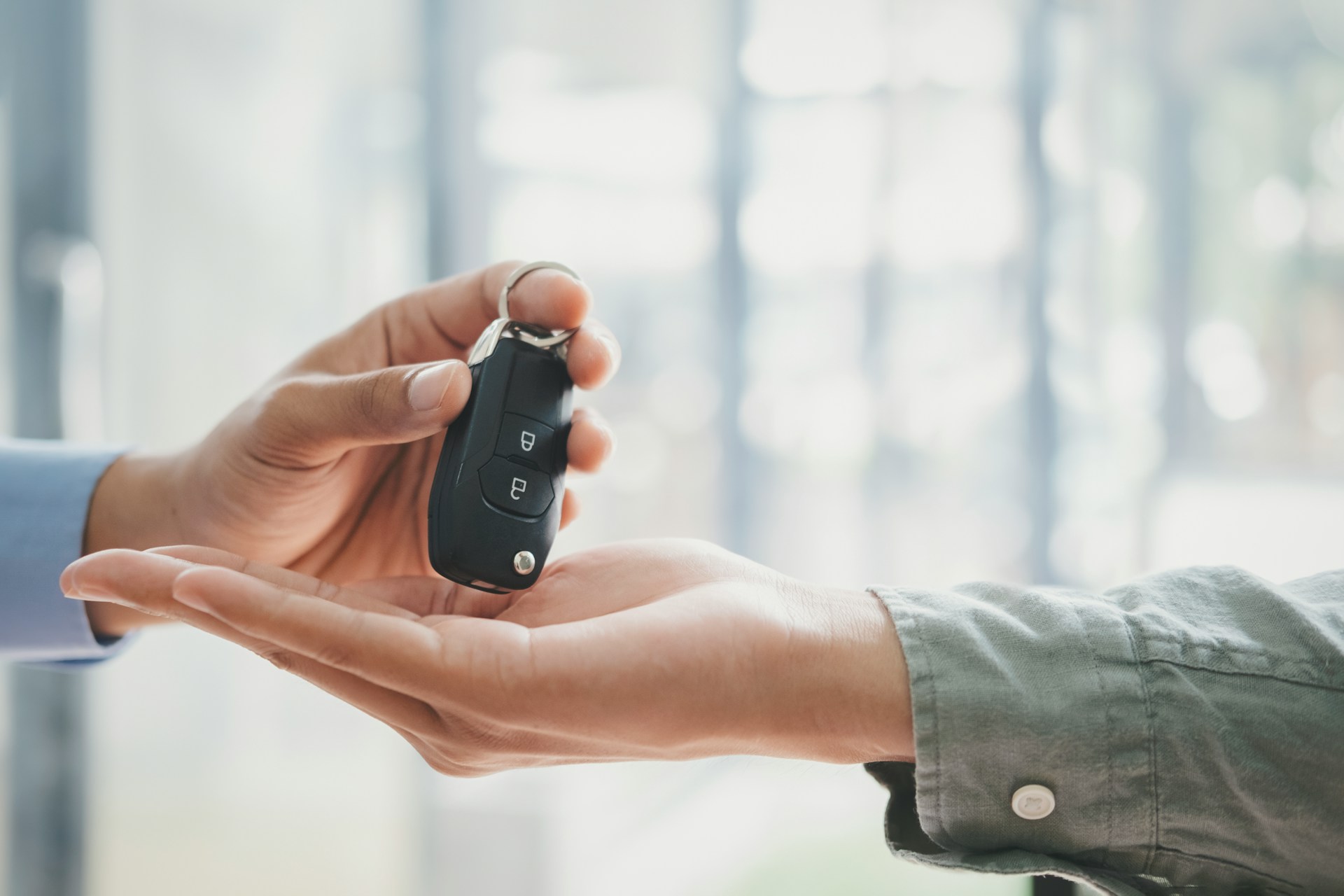
Understanding the dangers, such as identity theft, fraud claims, and personal risk, is crucial. Take steps to limit risk and ensure a smooth transaction. By knowing the pitfalls, you can stay safe and avoid wasted time. Always perform due diligence on potential buyers, asking for identification and proof of funds before proceeding. Use a secure method for payment to prevent financial fraud. Be aware of common scams targeting private sellers and educate yourself on the latest schemes. Regularly communicate with the buyer through secure channels and avoid sharing sensitive personal information. Being informed and cautious helps mitigate risks associated with private car selling.
Understand that the risks of private car selling extend beyond the current deal. Be wary about providing personal information; even a simple detail like your home address might lead to unexpected consequences. Furthermore, be wary of potential purchasers who appear unduly eager or pressured to complete the deal without conducting sufficient due diligence—this is typically a sign of fraudulent intent. To ensure your safety, avoid accepting significant cash payments in person and instead, conduct transactions through verified financial channels. It's also a good idea to have a friend or family member present during viewings and test drives. These procedures contribute to a safer atmosphere and lower the risk of falling victim to scams or dangerous situations.
Summary
Selling a car privately involves more than just finding a buyer. It requires attention to detail, awareness of scams, and ensuring both you and the vehicle are prepared for the sale. By taking the proper steps, you can provide a hassle-free experience for both parties and secure a sweet deal. Remember to clean the car thoroughly, compile all necessary documentation, and screen potential buyers carefully to avoid time wasters. Always meet in safe locations and follow best practices for test drives and payment acceptance to protect against fraud and personal risk. Completing the sale with clear, accurate paperwork will help avoid post-sale liabilities. By adhering to these guidelines, you can safely sell your car privately and maximize your return without undue stress.
Tips and Q&A
-
How Do You Know If Someone Is Scamming You for a Car?
Watch out for red flags like reluctance to meet in person, hurrying the sale, or offering over the purchase price. Scammers often weave tangled webs to trap unsuspecting sellers. If they insist on using unclear or complicated payment methods or refuse to provide verifiable personal details, these are signs of potential deceit. Additionally, be cautious if they avoid direct answers about their background or the specifics of the transaction, as legitimate buyers typically maintain transparency.
-
What Are the Red Flags for Cash Buyers?
Be cautious of cash buyers who avoid proper inspection, rush the sale, or want to meet in private locations. Legitimate cash buyers will not shy away from normal procedures. Watch out for buyers who bring up last-minute complications that require changing the agreed payment method, especially if they then propose a less secure alternative. Also, be skeptical of those carrying large amounts of cash but refusing to verify its authenticity or source, as this could indicate money laundering or other illegal activities.
-
Why Do Car Sellers Require a Cashier's Check?
A cashier's check is preferred because it guarantees the availability of funds, reducing the risk of fake payments and ensuring a secure transaction, compared to personal checks or cash that carry risks of fraud or counterfeiting. Additionally, a cashier's check is bank-issued, which provides an extra layer of security as the bank verifies the buyer's funds before issuing the check, making it a safer option for the seller. This method helps prevent the common pitfalls of bounced checks or the complications that can arise from handling large amounts of physical cash.

